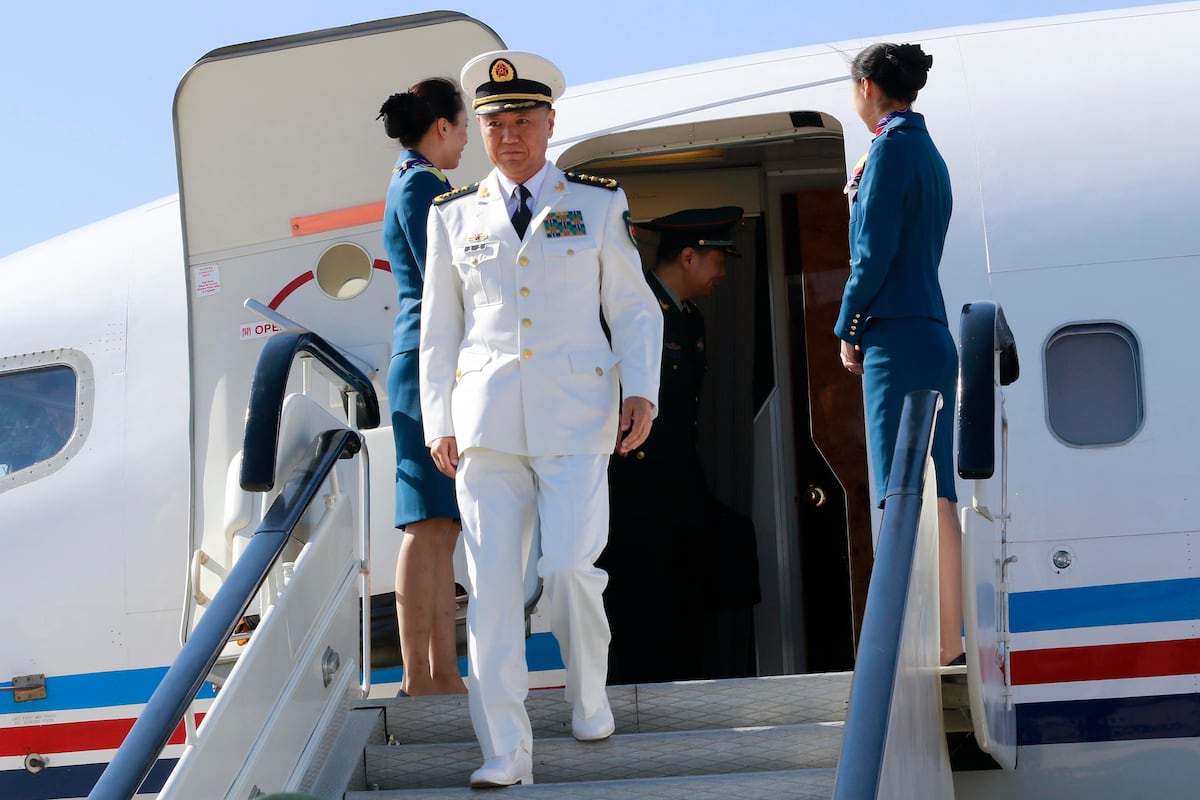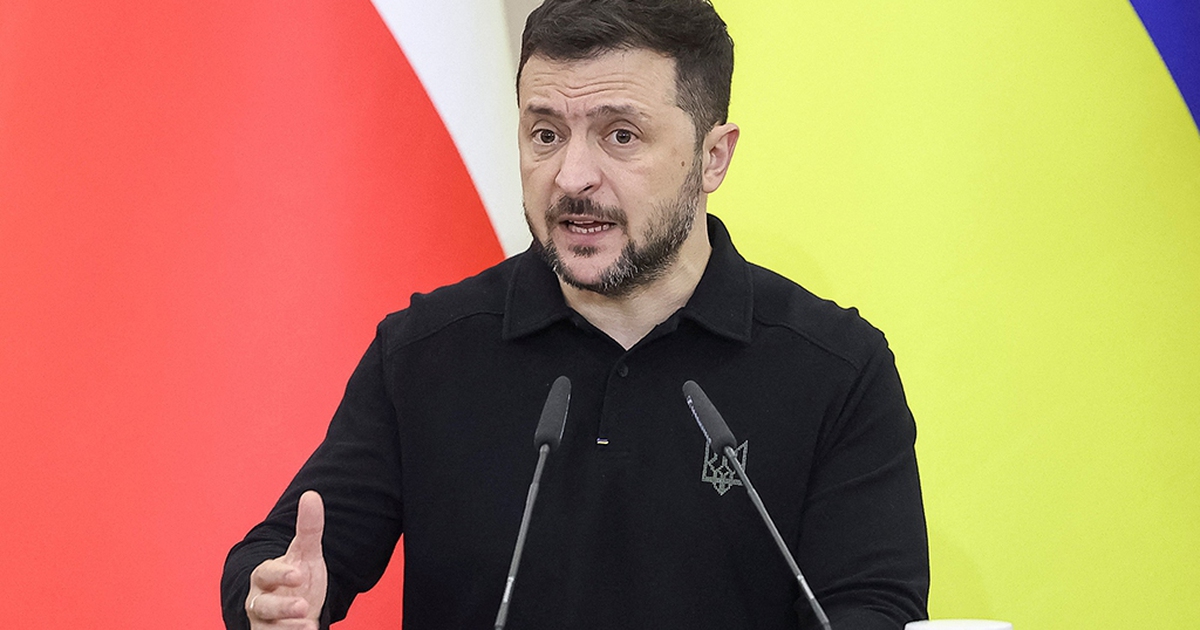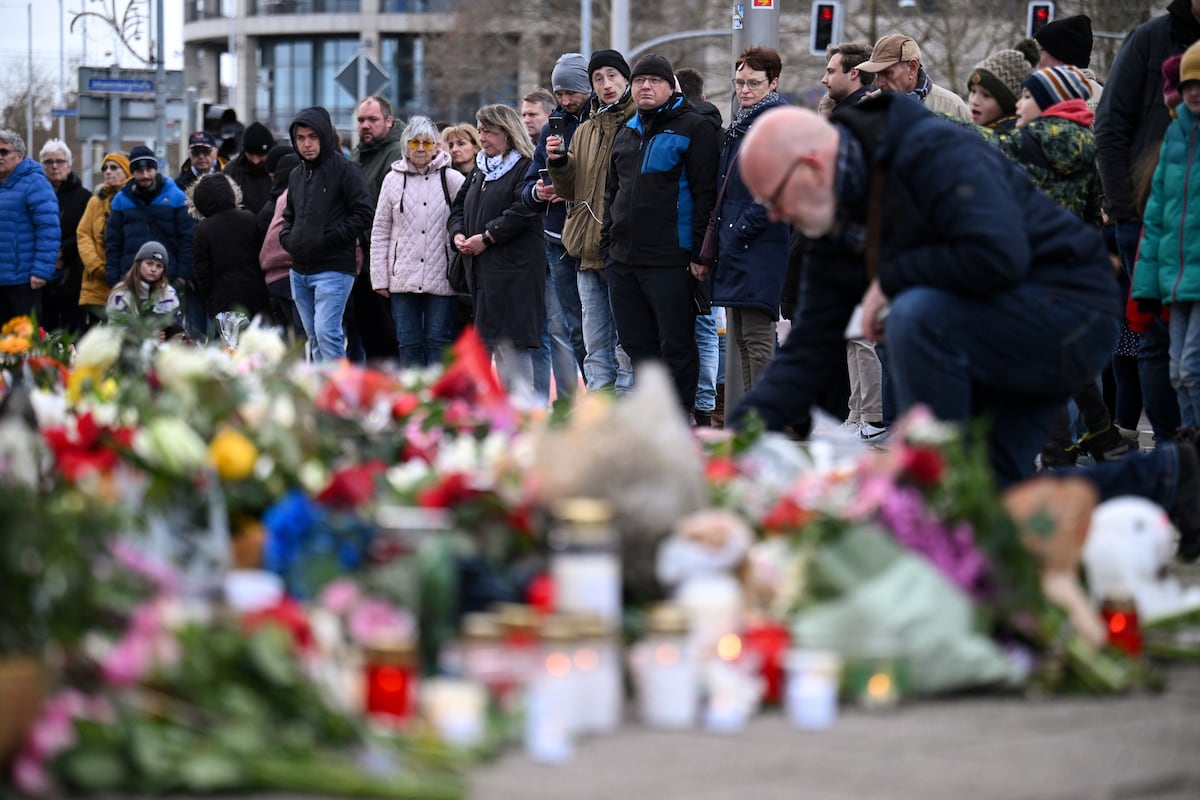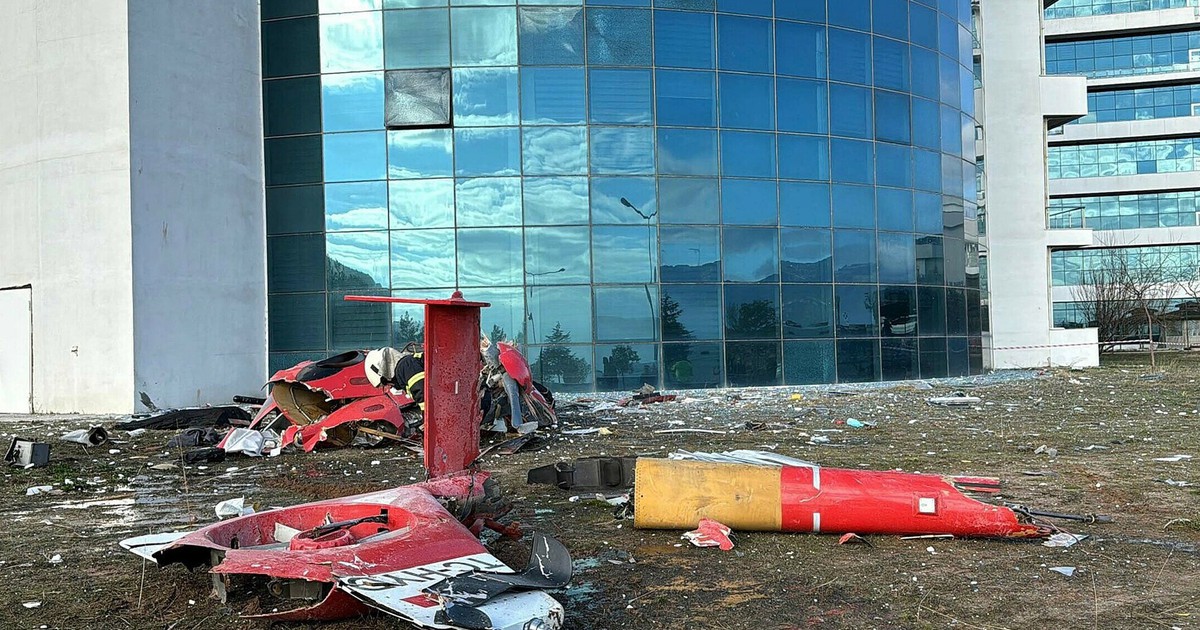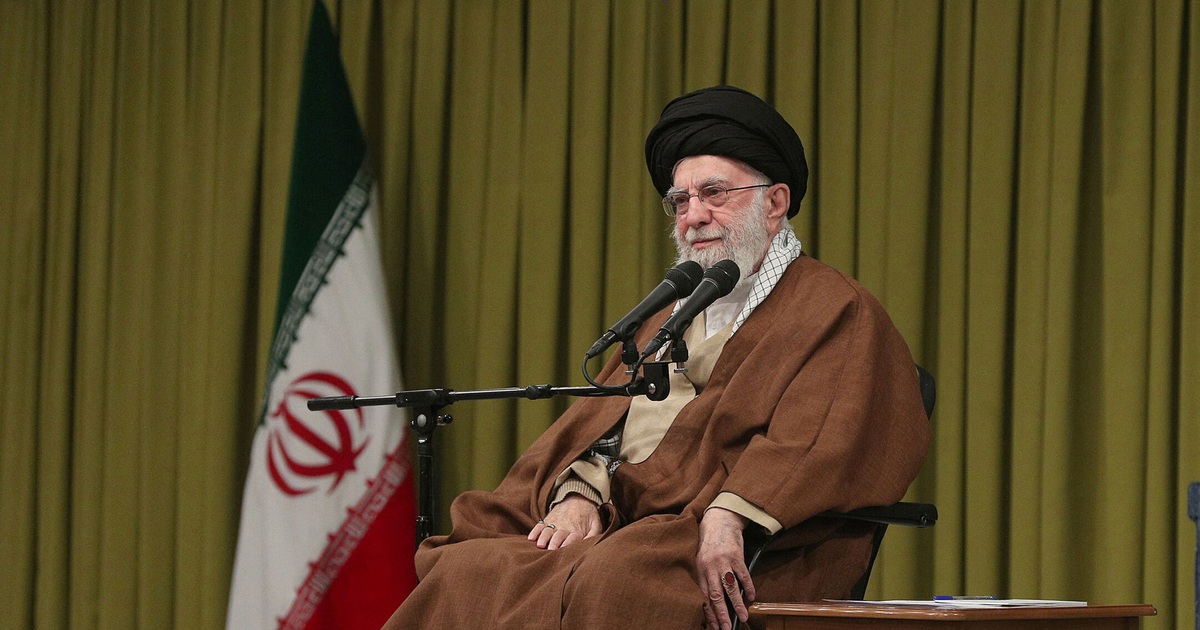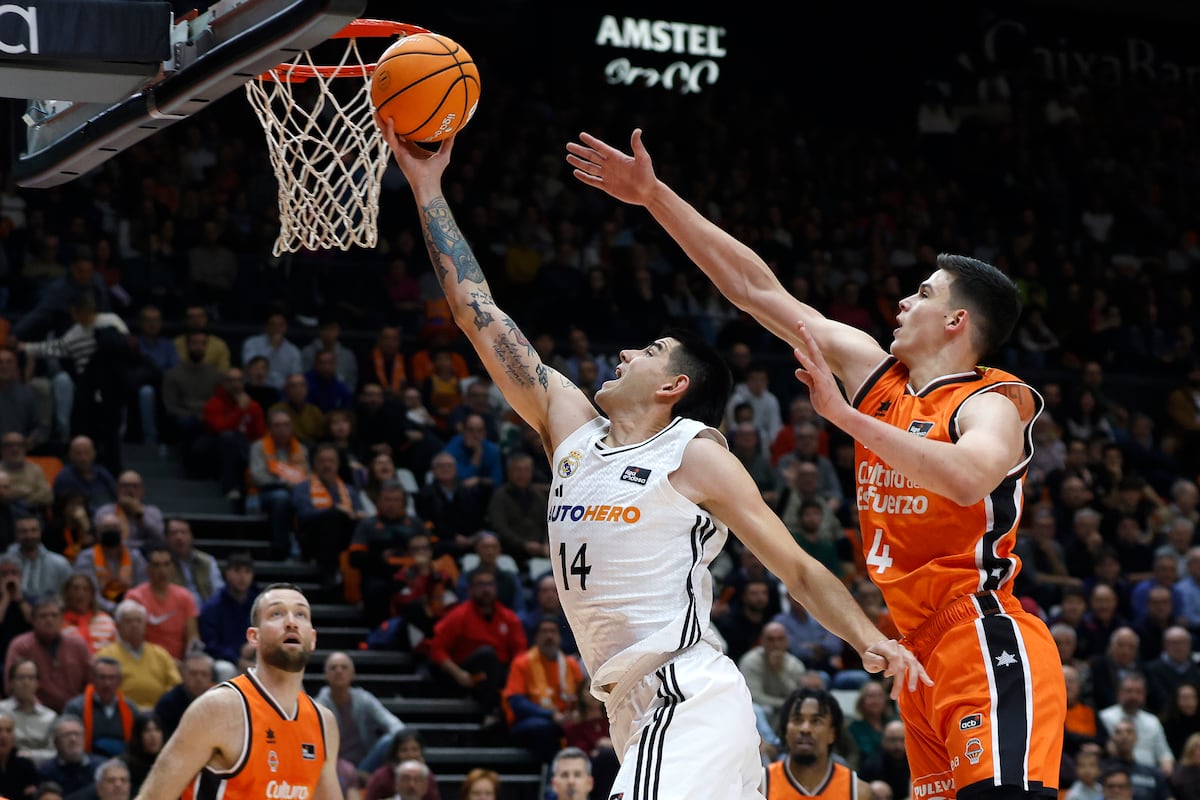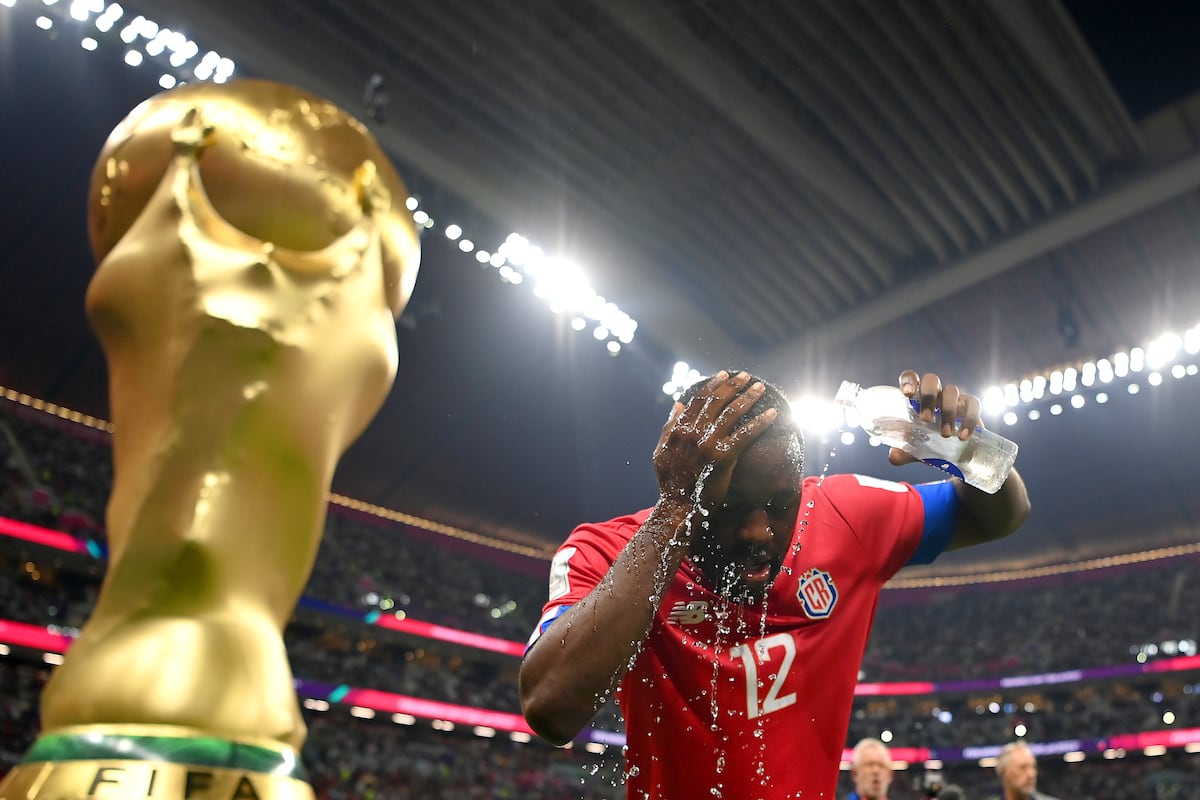Chinese President Xi Jinping outlined an ambitious mission in 2017 to redefine the military power of the Asian giant: modernize the People’s Liberation Army (PLA) before 2035 and turn it into a “global elite” combat force. by 2050. To achieve that goal, the PLA must be free of “contamination” and demonstrate “loyalty,” Xi has repeated. But this push to guarantee ideological control seems to be shaking the leadership of the largest army on the planet. The Chinese military establishment has suffered a series of high-level layoffs in the last year, with more than a dozen generals and defense industry executives stripped of their positions. The latest to join the list has been Miao Hua, one of the seven members of the powerful Central Military Commission (CMC), which commands the country’s Armed Forces.
This Thursday, the Ministry of Defense announced that Miao, one of the main generals in charge of political work within the CMC, is being investigated for alleged “serious violations of discipline.” It is the euphemism with which the Chinese Communist Party refers to cases of corruption.
Miao, who has been suspended from his duties, was director of the department in charge of political and cultural activities of the PLA; Part of his job was to ensure loyalty to the Communist Party within the army. His dismissal is especially significant because he was considered an ally of the Chinese president, with whom he met in the province of Fujian when Xi served as local leader (1999-2002). “This suggests that Xi is concerned enough about corruption within the PLA to bring down people he knows well,” Neil Thomas, an analyst at the Asia Society Policy Institute, wrote in X.
The news comes a day after the Financial Times exclusively published that Defense Minister Dong Jun “is being investigated as part of a broader investigation into fraud in the PLA.” If confirmed, Dong would be the third defense minister to be investigated consecutively by Beijing for alleged corruption. Today, Wu Qian, spokesperson for the ministry, called the British newspaper “rumor spreaders.” “China expresses its deep dissatisfaction with such slander,” said Wu, who also confirmed that Dong remains in office.
Xi Jinping has made the fight against corruption and disloyalty one of the hallmarks of his government since coming to power in 2012. The investigation launched last year within the military appeared to focus on the PLA Rocket Force, the one on which the Asian giant’s nuclear arsenal depends, and on the CMC Equipment Development Department, in charge of the manufacturing and acquisition of key military technology.
However, Miao’s fall shows that it goes further. The 69-year-old admiral is the second member of the CMC relieved since the current commission took office in 2022. The first was former Defense Minister Li Shangfu, dismissed in October 2023, seven months after taking office. Li and his predecessor, Wei Fenghe, were expelled from the Communist Party in June for corruption. Both belonged to the Rocket Force.
The dismissals of Miao and Li have left the CMC, chaired by Xi Jinping, with two vacancies and only two active members other than the president and two vice presidents. Unlike his predecessors, Dong has not been promoted to the CMC or the State Council (the Executive), a decision for which many analysts question his ability to remain in the position of minister. In China, the head of Defense has little direct authority in the Army and his role is limited to acting as a public representative of the military.
Dong is a former Navy commander, so it seemed unlikely that he would be involved in the various Rocket Force and Equipment Development Department scandals. However, he was deputy chief of the Navy Staff when Miao was his political commissar, which could place him at the center of the ongoing investigation.

